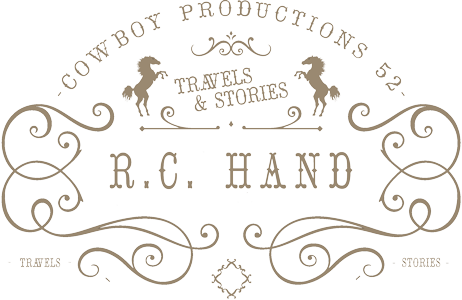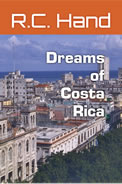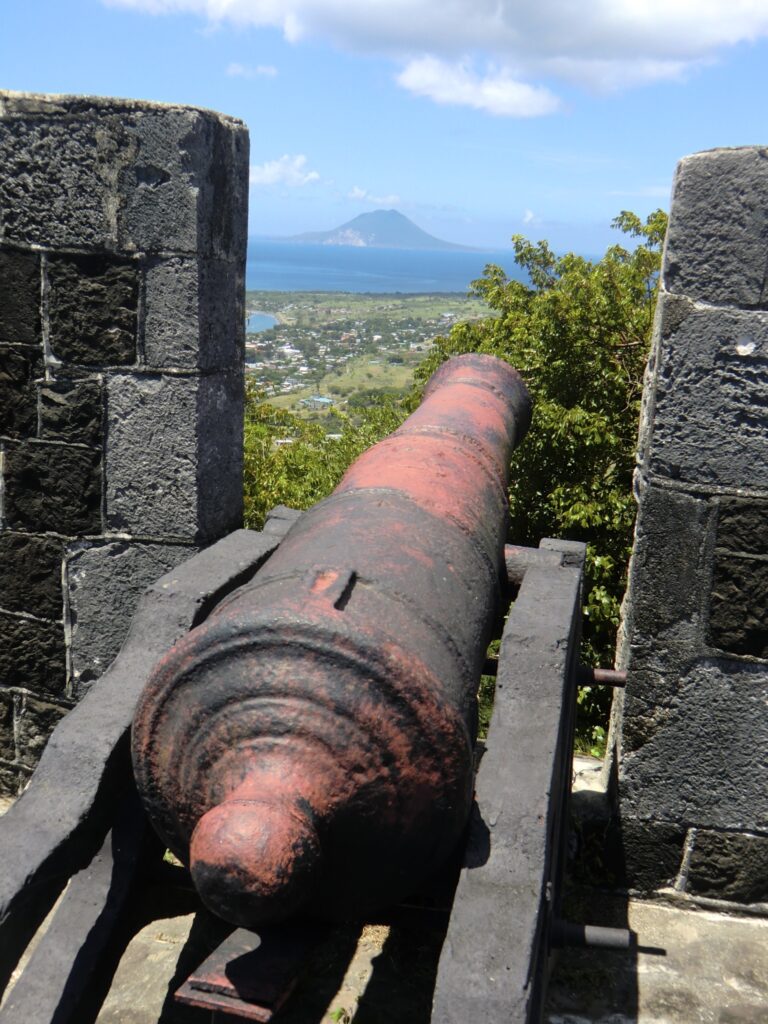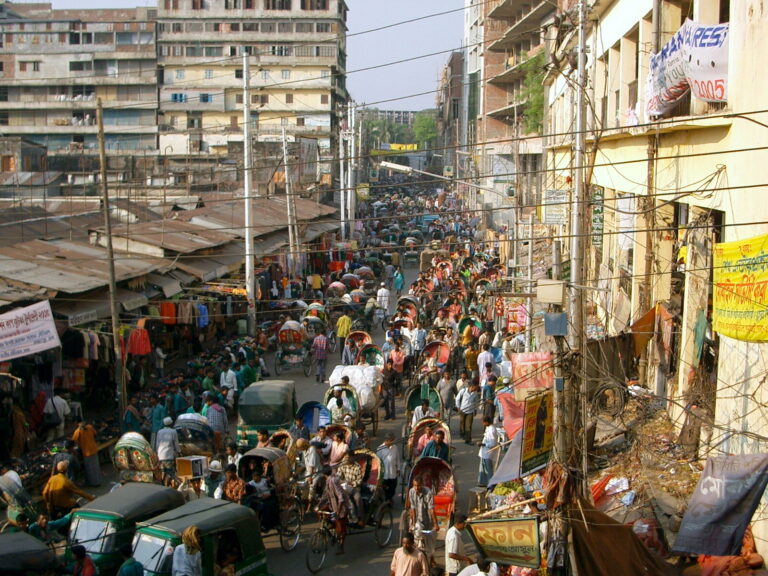This book is an adventure based on a true story of a family member. I found the story interesting and worth looking at. I found the characters interesting and some even likable, as I created those that aren’t real people. It takes place at the beginning of WWII. Obviously, there are some parts of this story that are completely fabricated.
Chapter One
John Jacobs knew he wouldn’t leave his family forever. He just thought that he needed some time away from them to decompress and to let his wife calm down a little.
Yes, he had a wandering eye and he drank too much, but he never cheated on his wife and he could stop drinking whenever he wanted to. He just hadn’t done it yet, and his wife was pissed off.
Yes, he spent way too much time away from the family, but he just couldn’t settle down into the married husband routine yet. John Jacobs wasn’t a bad man, he was just an awful husband and father.
He was tall and good-looking and he had an easy way with men and women. He didn’t threaten men, and women loved him. He had the type of cash that would attract women who would do anything for a buck, but he hadn’t fallen quite to that level yet.
John Jacobs had a very good job at Baby’s Tuna in Santa Monica. He’d been there since high school. He had worked his way up and off of the docks into the executive offices over the years. It didn’t hurt that he was the best friend of the owner’s son, Tommy Evans. Johnny was like that. He wasn’t scheming or crafty, he was just lucky. It had all worked out just right for him except for this whole marriage thing.
Judy was gorgeous when he met her, and as things went along, she soon became pregnant. He cared for her certainly, but wasn’t sure that he really loved her. He didn’t know for sure, but it didn’t matter. It was 1936 and the coming baby sealed the deal for the both of them.
The wedding was quickly arranged, and John Jacobs was a husband and father before he could come up for air. He wasn’t very happy in the marriage, and he certainly wasn’t where he wanted to be in his life.
He was still young, and had his wild oats to sew.
Judy was great for the most part. Judy was a good mother, had a pretty face with bright blue eyes, and a nice full figure. But their marriage started to change as John spent more nights out than in, and then the second child arrived.
As the marriage deteriorated he started to look for a way out. It wasn’t easy, but he soon found it, or it found him. He was offered a great promotion to the Central American cannery complex in Costa Rica.
He would be second in command of the entire operation. If he did his usual great job, he would be running the place in no time. John told his wife that he might be gone for just a few months, and then he would send for her once he was settled, and if he intended to stay.
He took the promotion and never looked back. He left a letter for his wife on the counter as he walked out of the door of their pleasant home.
John’s drinking wasn’t a problem at work. He never drank in the job, and he was highly respected by his bosses and by the men who worked under him. No one was surprised when he got the promotion to the Costa Rica office. His only problem was his family.
He didn’t want to, or couldn’t be the man he needed to be for them. He just loved himself more than he loved them. In the end, it was an easy decision for him to make. He told his wife he had to go to Cost Rica for his promotion, and he never called her to join him there.
His company paid for his flight from Los Angeles to San Jose. There was an overnight stop in Guatemala City, and then he was to go on to San Jose.
Guatemala City was rough jewel set into a rougher landscape. The jungles were thick and the city was struggling to survive in a difficult geographic location.
When John finally reached the airport from Los Angeles, it was just a rough asphalt landing strip and a small stucco building for immigration control. He was very relieved when they landed safely. The flight had been one of his first and it had been a rough one.
The people at the airport were pleasant enough, and an old porter had helped him outside to one of the two, small, dilapidated taxis that were waiting for any unlucky stranger who might find himself in Guatemala City in 1936.
John sat himself down on the rear vinyl seat as his meager belongings were tossed into the trunk of the small green taxi. The trunk lid was shut with a dull thud, and a small, brown, wrinkled hand slid through the open window of the rear door. John placed a dollar bill in into the small hand and it quickly disappeared.
“Where to mister,” the driver said in Spanish?” John looked up and saw himself back in tenth grade Spanish class and thought for a moment. He answered the driver in halting Spanish.
“Blue Water Hotel, please.”
John had hated his Spanish class everyday that he had sat in it. But now it would save him over and over again, and make his new life more bearable.
“As time passes, my language skills will surely improve,” he thought, as he watched the pleasant green scenery roll slowly past him.
He was seated in the rear seat of this ugly, old, Chevy looking out of the window. The car was dented in more places than he could count, and John wasn’t sure whether the rust was holding the little cab together or slowly eating it out of existence. In the end, it didn’t matter, he was only in Guatemala City for one night, after all.
He reached “The Blue Water Hotel,” with a much more intimate knowledge of the city than he had ever wanted. There were sights, sounds and smells that he had never wanted to experience, and would surely never forget. The smell of the decaying flesh of dead animals on the sides of the road was the worst. They were all calves for some reason.
The answer to that question was eventually answered at the hotel. It was Thursday, and it turned out that that was the day the ranchers put out the dead calves for the knackers to pick up. They would then sell the dead animals to the rendering companies to be skinned, stripped of their flesh, and turned into all kinds of products, from soap to fertilizer.
It was not unlike his fishing business in many ways, except that he never knew where his prey would be. The knackers knew that on every Thursday, on all of the rural roads, next to the dairy farms and ranches, they would find their reward.
When John finally reached the hotel, he was not surprised by what he saw. His expectations had already plummeted during the ride from the airport, so he was well beyond the point if being disappointed.
The Hotel Blue Water was another low, square, squat building, not unlike the people that he had seen on the sides of the road on his way there.
The road from the airport had started out as a deep red dirt, and then became fine gravel, and then as he reached the outskirts of down town, had become partially paved with asphalt.
There was an endless jungle off in the distance to indicate the end of civilization was nearby.
When he reached the hotel proper, the parking lot was paved with stones.
John had only traveled outside of California twice before, and he had only dealt with North American people at his work. Now there were no white people around in this little town, except for him.
The Blue Water Hotel was not as fresh or as clean as the name implied, but John Jacobs was not concerned. He had already made sure that it had a well-stocked bar and plenty of women who plied their ancient trade there before ha had left California.
A pleasant young man named Roberto, was behind the counter to greet John as he entered the quaint lobby of the hotel. There was a dog sleeping in a nearby corner, and many more could be heard barking outside in the distance. John was welcomed in broken English by Roberto.
He filled out the little card that noted the new customer’s name and address back in whatever country they had come from, along with their passport number. John had no plans of damaging this broken-down hotel, or dying in it, but he gave Roberto all of the information that he was asked for.
There was nothing worth stealing in this place, that was for sure.
“You are in room number eleven senior Jacobs, it is our best room.”
“Are there many other guests in the hotel Roberto?”
“You are the only guest Mr. John, except for a small family in room seven. The season is over.”
“What season are you talking about?”
“The Catholic Holidays, of course, sir. Many people come here to see our Cathederal and to pray to the Virgin mother of Jesus.”
“Oh, I see. Is the bar open yet Roberto?”
“The bar is always open senior Jacobs.”
“Then I am at the right place after all.”
Another young man appeared out of the lobby’s shadows and picked up John’s suitcase and waved for John to follow him up the stairs to room eleven. He was thin and seemed to have some trouble carrying the small bag up to John’s room.
The young fellow spoke very rapidly in Spanish, and John only caught about half of what was said.
“It was a beautiful day, it was a beautiful view from his room,” and the usual tip garnering gibberish. But the bellhop was correct. The view from John’s room was wonderful.
The view was that of the town square, or at least one of them.
There were benches filled with several locals gossiping or eating lunch below him, at a leisurely pace. The men were dressed in suits or with white shirts and dark pants. The women were dressed in colorful blouses and skirts for the most part. John could certainly see that he wasn’t in Santa Monica any longer.
No one seemed to be in any hurry to do anything or go anywhere. It was midday, and everyone had come out from his or her office or shop to eat a long, slow lunch in the square.
It was paved with cobblestones for the most part, with areas of grass here and there. There were many large very old trees as well. They helped create several irregular shaped areas of shade that one could sit in if they got there early enough to find one of those desirable spots empty. It was the end of the dry season now, and everyone was taking advantage of the wonderful, but hot weather.
As John’s gaze turned to his room, he was not excited. It was a very old hotel and it showed every day of its long, tragic life.
John was surprised to see that the phone actually worked when he called Roberto at the front desk. He was tired, as it had been a long, slow flight on the new DC3, and John needed a nap. He asked Roberto to give him a wake-up call at dinnertime. That would give him a few hours of sleep, and so he could try and get used to the time change. John stripped down to his shorts and lay on the bed. It was a lumpy mattress with a small canyon running down the middle from years of use.
He was asleep in seconds. He was soon dreaming of panthers, exotic birds and the large snakes that ate them. He saw rivers running through the jungle, and short brown people with red faces standing on the shores with bows and arrows. They held knives, and there were dead monkeys lying in the ground or wrapped around the hunter’s necks. He could hear drums and voices singing, and ringing and ringing. He woke up startled. It was the phone ringing, with Roberto on the other end.
“Gert up Mr. John, time to eat.”
“Oh, O.K. Roberto, thank you, I’ll be down in a bit.”
John went to take a shower, but there was absolutely no water pressure. Just four little trickles of water came from what looked like a new shower head. He did the best he could with the meager water available. He had slept for three hours and it was now time to eat something. He needed a drink as well, or maybe a few.
The shower made him laugh, and he was now slowly ridding, himself, of all expectations. He was preparing to face reality, and whatever that might turn out to be.
Yes, there was a cost of leaving your family behind in North America, and it wasn’t just child support and alimony that he would soon be paying if he truly were a man.
It was at that precise moment that he decided to send a letter of explanation to his parents. He found some old paper and a pen in the broken-down night stand next to his bed. In that letter, he told his side of the story as best he could, about his guiltless wife, and his cowardice. He revealed his selfishness and his immaturity to them and to himself at the same time as he wrote the letter.
He had never examined his character to these depths before and he was painfully aware that he came up very short in the responsible adult department, and the father department as well. He wasn’t happy about his discoveries, but that was who he was now and what he had to work with.
He had been in an alcoholic haze for most of his young life. He was twenty-three at the moment, and he thought that he might have enough time in front of him to become a decent man if he worked very, very hard at it. He ended his letter with good-byes and apologies.
In his first letter to his wife from Costa Rica, he offered his best wishes to the children and told Judy that he hoped that her next husband would treat her better than he had. He thought that he probably would never write to her or his children again. John sealed the letter, addressed it, and walked down the narrow stairs from his room.
John was not proud of what he had just done. He handed Roberto the letter as he walked past him in the dining room.
“Can you make sure that this gets mailed for me Roberto?”
“Yes sir. That should be no problem.”
Roberto was sitting under the slowly rotating ceiling fan that was high above his desk. John’s life in North America was over now, and he was going to start a new life in Costa Rica.
This is the first chapter of “Dreams of Costa Rica.” It is an interesting tale of the change of circumstances for a young American venturing into Central America during a difficult time there and his discoveries about himself.
He will meet his best friend soon, and then the man who will change his life forever, Mr. Milano.
Mr. Milano is the richest man in Central America, and he has a daughter named Mildred.
This is an interesting tale of adventure and self examination that culminates in, oh well, I guess you’ll just have to read the book.
All my novels are on Amazon and free in the Kindle Lending Library.
Read first chapters of all my novels.
I am now on Facebook at R.C. Hand.




